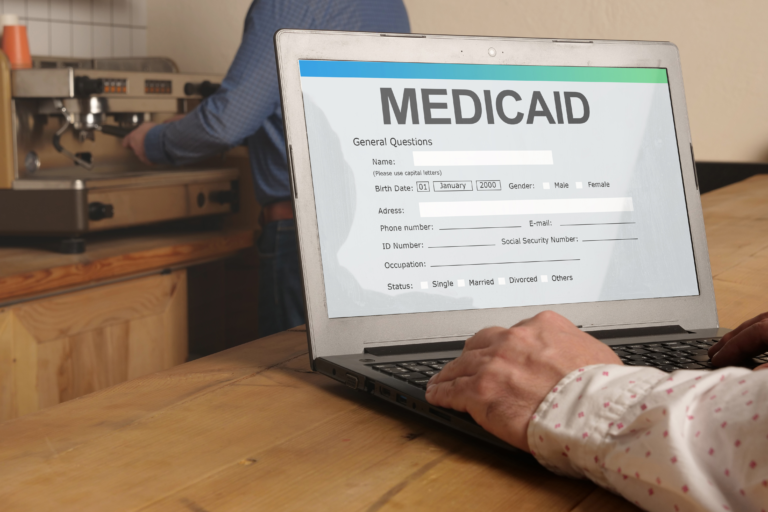When a Florida resident dies, someone will be in charge of executing the deceased’s money and possessions – whether it is a surviving spouse, a close relative, or a court. This legal process is known as “probate,” which is a court-supervised procedure that involves plenty of paperwork.
In this article, you will have an overview of the necessary documents for probate in Florida.
What Documents Do I Need for Probate? – The Essentials
Last Will and Testament
Within ten days of the discovery of the testator’s death, the person in control of the will must submit it to the appropriate court with a petition for probate.
Upon receipt of the will, the court will verify the document’s validity. If the document is deemed valid, the petition for probate is approved and the court will grant letters of administration.
It is important to submit the original copy of the deceased’s last will, including any codicils used to amend or modify the document. If it is not possible to find the original will, you can submit an authorized copy.
Death Certificate
Another crucial document during probate is the death certificate. The deceased’s relative or friend in control of the will must also register the testator’s death. Generally, probating an estate requires multiple copies of a death certificate.
For example, you need one copy for each of the decedent’s bank accounts, credit cards, mortgage companies, and other sources that may request it.
Petition for Probate
Depending on the deceased’s circumstances, probate is not always mandatory. For example. if a Florida resident dies owning only personal property exempt under Fla. Stat.§ 732.402, there is no need for probate and the assets will be distributed without administration.
However, if the deceased’s estate qualifies for probate, one of the interested parties must file a petition for probate administration. In Florida, there are two ways to probate an estate – summary administration and formal administration.
If the estate subject to probate does not exceed $75,000 or the decedent has been dead for more than two years, it may qualify for summary administration – a quicker form of probate.
If an estate qualifies for neither disposition without administration nor summary administration, it must go through formal administration. In such cases, the estate’s personal representative must file a closing statement in court at the end of the process.
What Documents Do I Need for Probate? – Helpful Documents
Although the following list of documents is not mandatory for all cases, it may be necessary for distinct situations:
- Trust instruments
- Life insurance policies
- Beneficiary designations (e.g., TOD and POD account documents)
- Prenuptial/postnuptial agreements
- Loan documents
- Lease agreements
- Property deeds
- Vehicle titles
- Stock and bond certificates (original only)
- Copies of the deceased’s income tax returns for the past three years counting from the date of death (federal and state)
- Copies of the deceased’s gift tax returns (federal and state)
If you are serving as a personal representative or assisting another person who is filling this role, several documents can provide relevant information and facilitate the estate administration:
- Account statements of the deceased’s bank accounts
- Account statements of the deceased’s retirement and brokerage accounts
- A full list of the individuals interested in the deceased’s estate (including contact information)
- A full inventory of the deceased’s known assets
- A full list of the deceased’s outstanding debts, unpaid bills, and other liabilities
- Any existing bills (e.g., property tax bills, medical bills, funeral bills, credit card bills, etc.)
Do You Need Professional Guidance? – Immediately Contact Your Florida Probate Lawyer
Waste no time – contact Attorneys Romy B. Jurado and Diana C. Collazos today by calling (305) 921-0976 or emailing [email protected] to schedule a consultation.






